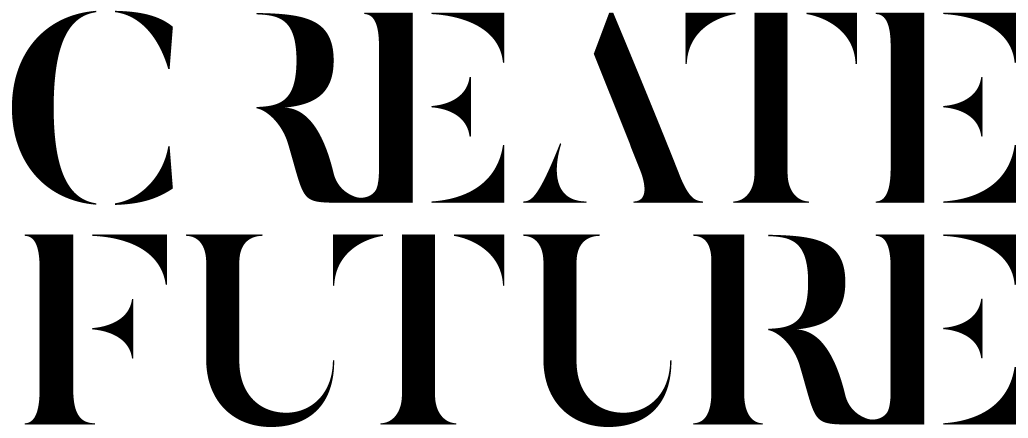Why Design Thinking Empowers Introverts
Why Design Thinking Empowers Introverts
When you think Creative Director, you might not immediately think of introversion.
While it’s not a binary thing, on the continuum of extraversion to introversion, I am happier having a conversation than a group discussion, and more comfortable if I am given clear space to listen, think, and communicate.
Don’t get me wrong, I do traditionally extrovert things. I was the compare at our Innovation conference, I enjoy pitching and presenting work, I find recording vlogs fun, and giving talks exhilarating. Knowing I am introverted means that I practice self-care and make time for solo working after intense interactions like those.
What I have learned over seven years of running a consultancy that bases its project approaches on Design Thinking, is that design thinking empowers introverted people. And I wanted to break down the reasons why.
Beyond the Binary: Introversion on a Continuum
Common thinking pigeonholes individuals into being either an introvert or an extrovert. Yet, the reality is far more nuanced, resembling a continuum rather than a binary selection. If you bring together a group of people, they are more likely to be a varied mix from across that continuum.
This mix aligns perfectly with design thinking, which thrives when you bring together diverse mindsets and approaches.
The broader the ways of thinking the better.
The Power of Quiet: Introversion as a Strength
Often portrayed in the shadow of their extroverted counterparts, introverts possess unique strengths. Their natural inclination towards deep thought, introspection, and a soft yet impactful manner of communication can go unnoticed. But in design thinking, these qualities are not just recognised; they are celebrated and harnessed. Given the space to consider and communicate, the introverts' thoughts pack a punch.
Empathy and Insight: The Introvert’s Toolbox
Design thinking begins with empathy, a step that resonates deeply with introverts. Their inherent ability to observe, reflect, and understand nuanced behaviours is invaluable. The design thinking process transforms empathy into insights, which are then the fuel for ideas.
A Journey, Not a Race: The Iterative Nature of Design Thinking
The pressure to 'get it right' on the first try is a common fear of the introvert. However, design thinking's iterative nature alleviates this anxiety. It’s a journey of refinement, allowing every team member, regardless of their place on the introvert-extrovert continuum, to contribute meaningfully without the fear of immediate perfection.
Capturing Ideas: The Introvert’s Canvas
In design thinking, the quiet process of reflection is given as much weight as vocal brainstorming. Ideas are captured silently, often written down before being shared. This method ensures that every voice is heard, and every perspective considered, without the need to fight for attention in a room full of voices.
Inclusion and Equality: The Core of Creative Collaboration
Design thinking doesn't just invite diverse perspectives; it demands them. It's a call to everyone, regardless of rank or title, to contribute. This approach democratises innovation, ensuring that all ideas, including those from the quieter corners of the room, are given the space to grow.
Testing and Prototyping: The Proof is in the Pudding
Ideas in design thinking aren't just spoken; they are made tangible through prototyping and tested in the real world. This approach values practical observation and customer feedback over persuasive speaking. Ideas should speak for themselves.
In conclusion: More minds, fewer problems
Design thinking is not just a process; it's a celebration of minds in all their varied forms. It's a place where the reflective, the observant, and the quietly insightful not only find their place but are essential to the symphony of innovation.
In this world, the power of introversion is not just acknowledged; it's indispensable.
But if you want to see real innovation happen, bring people together from across the continuum.
An introvert's skills paired with an extrovert's creates magic.
